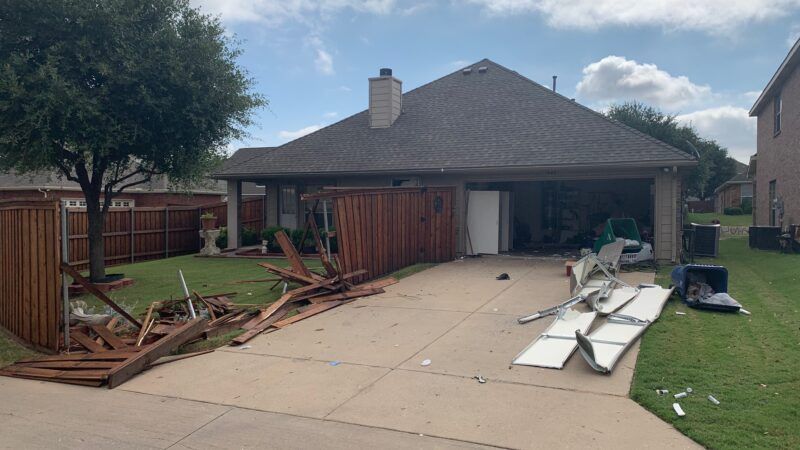I published Idiot ATF Agents thinking that it was the full story. How stupid of me.
Well, well, well. The truth comes out, and the irony bites.
CAMDEN COUNTY, Mo. — Camden County Sheriff Tony Helms says the ATF raid on a local gun store in Osage Beach on Tuesday caught him by surprise.
“It makes me mad I was not notified,” Helms said. “ATF agents were in my office the day before, to discuss a separate issue and they did not tell me a thing,” Helms said. “They called me at 1 p.m., on Tuesday, and apologized for not telling me, saying they were not comfortable having too many people know about the raid before it happened. They were hitting several gun shops as part of an annual thing.”
“Before SAPA, (the Second Amendment Preservation Act, passed in June 2021) they would have notified me if they were going to be in my county,” Helms added.
Oh. I see. You know where this is headed, don’t you?
According to the gun shop owner Jim Skelton, approximately fifteen agents entered the Skelton Tactical gun shop on Tuesday, seven deep, in full riot gear, bearing automatic weapons. The agents seized all of the firearms from both the gun shop and from his brother Ike Skelton’s store next door. “They said it had to do with the way I was selling firearms,” Jim Skelton said. The ATF also demanded Ike stop filming the raid on his cell phone. The ATF took Jim’s license to sell firearms. “I will appeal and fight this with everything I have,” Jim said.
“The feds regulate guns coming from the factory, to the shops, to the persons who buy them,” Helms said.
“I am all for second amendment rights,” Sheriff Helms said. “I pushed for SAPA. We were the first county to endorse SAPA. I own 20 guns and I teach a conceal and carry class. I am all for responsible law-abiding gun owners. I don’t want the feds coming and taking our guns.”
[ … ]
“Besides the cut in partnership, the county is now limited to access to ATF resources and technology,” Helms said. “Before, if a gun was used in a crime in Camden County, we could ask ATF to run a check, to see if the same gun was also used in another crime, anywhere in the country.”
It’s that horrible 2A preservation act that caused the ridiculous ATF raid for selling a muzzle loader to someone without a Form 4473 (even though one isn’t required).
Moreover (whimper, sigh, cry), we don’t get access to ATF resources, and we don’t talk anymore, not really, not like it used to be. I don’t want anyone to take our guns, but I do miss my buddies so much!
You see, the ATF is playing hard ball, and the Sheriff is a little girl. They’ve (the ATF) got the perfect patsy.
Someone who initially supported the 2A preservation act, but who now sees the error of his ways and wants it to be repealed, or so we must conclude.
Rather, if he had any balls, he’d have the ATF agents followed and harassed by his own deputies, and eventually run out of town or otherwise make it so uncomfortable to infringe on the 2A in his county that the ATF has been defanged.
Or, he could find a way to perform his own raid of ATF offices and throw them in the hoosegow for a few cooling off days.
These are just starting points. There is a whole host of things he could do.
But he buckled and cried like a little girl that he wasn’t notified by the ATF because of that awful 2A preservation act when he could have stopped the raid (or maybe he could have, he doesn’t say, just that he wanted to be notified).
Exactly how being notified of the raid before it happened would have done anything useful, he doesn’t say. He just wants to be buddies with he ATF again because he misses them.
It all falls into place, and it all makes sense now.
The ATF must really dislike the 2A preservation act if they’re going this far out of the way to insult local law enforcement. If I was local law enforcement, I’d make sure they knew how I felt about their presence in my county.
But then I’m not the Camden County Sheriff, and I don’t whimper when people don’t want to be my friends.
Cowards. They have no functional email that accepts URLs or I would send this commentary to them.




